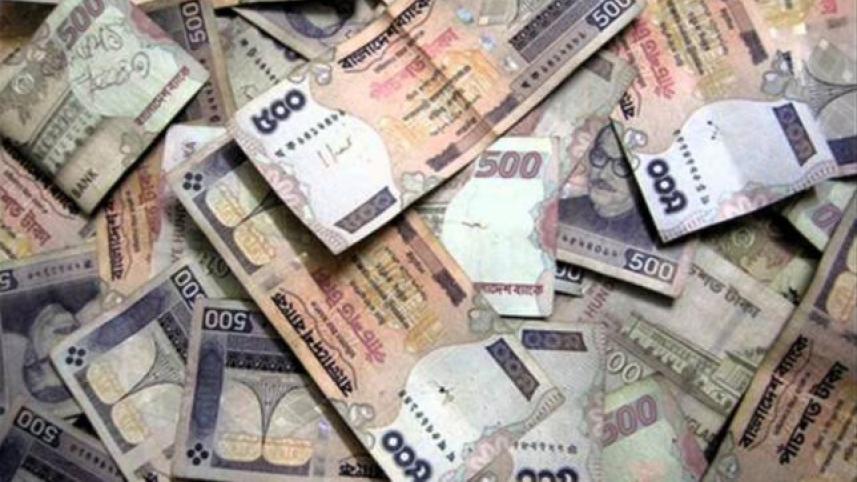PM’s directive to be economical is timely

We reiterate the prime minister's call to government officials, private sector and the people in general to be economical in the face of growing global instability and crisis. However, we would emphasise her point more vigorously for government officials—despite the current global factors not being in our favour, it should be recognised that mass-scale corruption and regular wastage of funds domestically have also hindered our economy and are factors that are contributing to the sufferings of ordinary people.
The prime minister has reminded everyone to go slow on non-essential projects, and we completely agree with this. We would, in fact, go a step further and ask the government to perhaps seriously examine their usefulness before spending any resources on them for the time being. As we have repeatedly said in this column, wastage and cost manipulation need to be checked. They have become a regular phenomenon in our country, and under the current circumstances in particular, the people cannot afford them. The government should take this opportunity to strengthen the monitoring of projects and ensure transparency and accountability, which are the only cures to the corruption plaguing our nation.
While at this moment, the ruling party urgently needs to finally put into practice its pledge to have "zero tolerance for corruption," the people, too, have a big role to play. It seems that we now have a perfect storm on our hands—given the global conditions and local situation. And it is during times like this that people need to come together. Right now, what we need is for unity and common sense to prevail, and for the affluent members of society to come to the aid of lower-income groups, who are finding it increasingly difficult to afford their daily necessities.
The government, while cutting back on non-productive expenditures, corruption and mismanagement, should divert more resources to social safety net programmes for the poor and disadvantaged groups and, even more importantly, make sure they reach their intended beneficiaries. It should put more focus on strengthening the country's fundamental macroeconomic factors, as prescribed by experts. Moreover, the authorities should remain extra vigilant in regard to preserving the country's forex reserves, and stay true to the decision to stop overseas trips of government officials, employees of autonomous, state-owned and semi-government organisations, as well as public banks and financial institutions.



 For all latest news, follow The Daily Star's Google News channel.
For all latest news, follow The Daily Star's Google News channel.
Comments